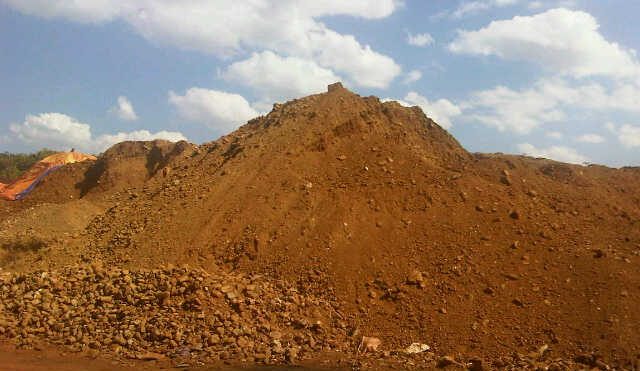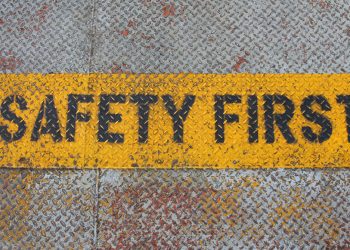Due to a recent increase of nickel ore exports from Ivory Coast, the North P&I Club addresses the challenges arising to vessels that carry the cargo, highlighting that the primary concerns are on the moisture content of cargoes at the time of loading, the validity of cargo sample test results and doubts on the status of an operational competent authority.
Accordingly, the Club’s Loss Prevention Executive, John Southam, explains that each vessel must keep in mind:
- the moisture content of cargoes at the time of loading
- the validity of cargo sample test results
- doubts on the status of an operational competent authority.
It is important to ensure that there have been measures taken that will keep the carriage safe during loading operations.
We recommend that Members inform the club of their intention to load nickel ore in any of the Ivory Coast ports to allow us to assist wherever possible and consider the appointment of a local surveyor to assist the Master in all the relevant checks to the cargo before and during loading,
… the Club notes.
Also, keeping in mind that getting all the information stated in the checklist would be a difficult thing to do, it is advised to get as much as possible as this will assist in a remote check of the cargo properties and allow further expert advice to be provided.
[smlsubform prepend=”GET THE SAFETY4SEA IN YOUR INBOX!” showname=false emailtxt=”” emailholder=”Enter your email address” showsubmit=true submittxt=”Submit” jsthanks=false thankyou=”Thank you for subscribing to our mailing list”]
Sampling and Testing
Firstly, the shipper is obliged to arrange for the cargo to be properly sampled and tested prior to loading, under the IMSBC Code.
Secondly, the shipper must provide the Master with the information and documentation required in sufficient time, before loading, to ensure that the cargo can be safely loaded, carried and discharged from the ship; including certifying the transportable moisture limit (TML) and moisture content of the cargo to be loaded. This is to be issued by an entity recognised by the competent authority (CA) of the country.
The Master is also to be provided with a document issued by the CA stating the shipper’s procedures for sampling, testing and controlling moisture content have been approved.
It is stressed that
In Ivory Coast there have been doubts on whether samples drawn are truly representative, calling into question the validity of the test results for the cargo consignment put forward for shipment. There are also reservations regarding the accuracy of the moisture content results from local laboratory facilities.
In addition, the status of an operational competent authority (CA) is unclear. According to BC.1/Circ.74/Corr.1 (3rd October 2019), Ivory Coast has a competent authority listed. Yet, an uncertainty remains in regards to whether the listed CA is operational. According to investigations, two companies are authorised by the Ivorian Ministry of Mines to conduct testing, but it is understood that there is currently no involvement by a CA in the approval of procedures.






























































